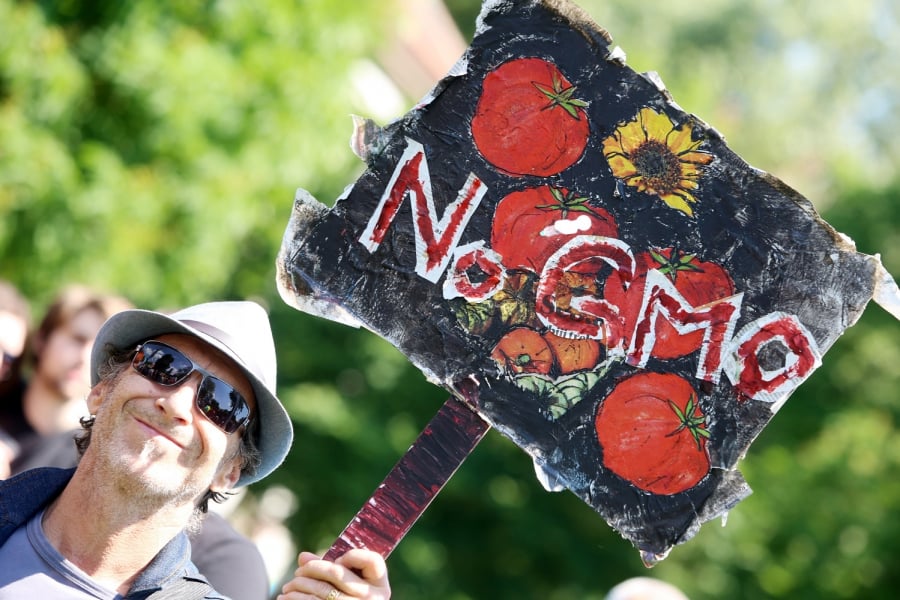Founded in 1901 as a chemical company, today Monsanto Company (NYSE: MON), headquartered in Mississippi, is a publicly traded, multinational, agrochemical and agricultural biotechnology corporation. Monsanto was one of the first businesses to genetically modify crops - however, the resulting legal battles surrounding genetically modified organisms, or "GMO's", has left the company with an overwhelmingly poor public image. CEO Hugh Grant, however, remains optimistic for the company's future. "There is bigger demand for food than ever," he has stated. "The business model is you provide more yield to growers, and you are rewarded for that".

However, Monsanto has continued to face intense scrutiny, particularly after the vast majority of its shareholders voted to approve the companies $66 billion merger with Bayer AG (ETR: BAYN). The resultant mega-company will be the largest seed and chemical company in the world. However the merger will have to stand up to regulatory filings made not only in the United States, but also concurrently in China, India, the European Union, and Brazil. One major concern that lawmakers have regarding the deal is that both companies market cottonseeds that are resistant to specific pesticides (Monsanto licenses genetic traits that render cottonseed resistant to the herbicide Roundup, whereas Bayer licenses traits that render seeds resistant to the herbicide Liberty). The two companies together control roughly 70% of the cotton acreage in the United States-as Peter Carstensen, law professor at the University of Wisconsin and leading agricultural antitrust expert, explained to the St. Louis Dispatch, "One of the worst things you could do is to link Liberty and Roundup in the same company... There's no incentive for somebody to develop a third alternative." The Natural Resources Defense Coucil (NRDC) has also decried the merger, attesting that, "The existence of such a powerful player would substantially harm both farmers and the environment by decreasing competition and innovation, resulting in increased costs, and allowing for greater corporate control over farmers' planting choice. It's lose-lose for farmers and consumers...the merger would [also] reinforce the chemical-intensive growing practices currently threatening bees and wild pollinators that support between $200-600 billion worth of crops in the global food supply." Nevertheless, approximately 99% of Monsanto's shareholders voted to approve the merger, and Mr. Grant remains confident that the deal will pass regulatory reviews.
Scrutiny over the merger with Bayer is far from Monsanto's only concern at the moment; the Port of Portland is suing Monsanto in federal court, alleging that, as the sole producer of polychlorinated biphenyl (a chlorine compound), the company knowingly exposed both humans and wildlife to toxins for decades. Polychlorinated biphenyl has been linked to developmental delays in children, reproductive issues, decreased resistance to viruses, cancer, and other serious health conditions. In short, Monsanto's public image is still far from being a positive one. Yet as climate change continues to threaten large swathes of arable land worldwide, Mr. Grant may well be correct in his predictions for his company's success. New biotech tools-ranging from zinc fingers to Meganucleases to the ground-breaking CRISPR-now allow scientists to make alterations as small as a single base pair of a single gene. The resulting crops could be made resistant not only to disease, but also to flooding or drought. So long as the company avoids the public relations mishaps that it committed with regard to GMO's, Monsanto stands to profit immensely as changing global conditions spur an ever-growing need for stronger, healthier, and more resilient crops.

